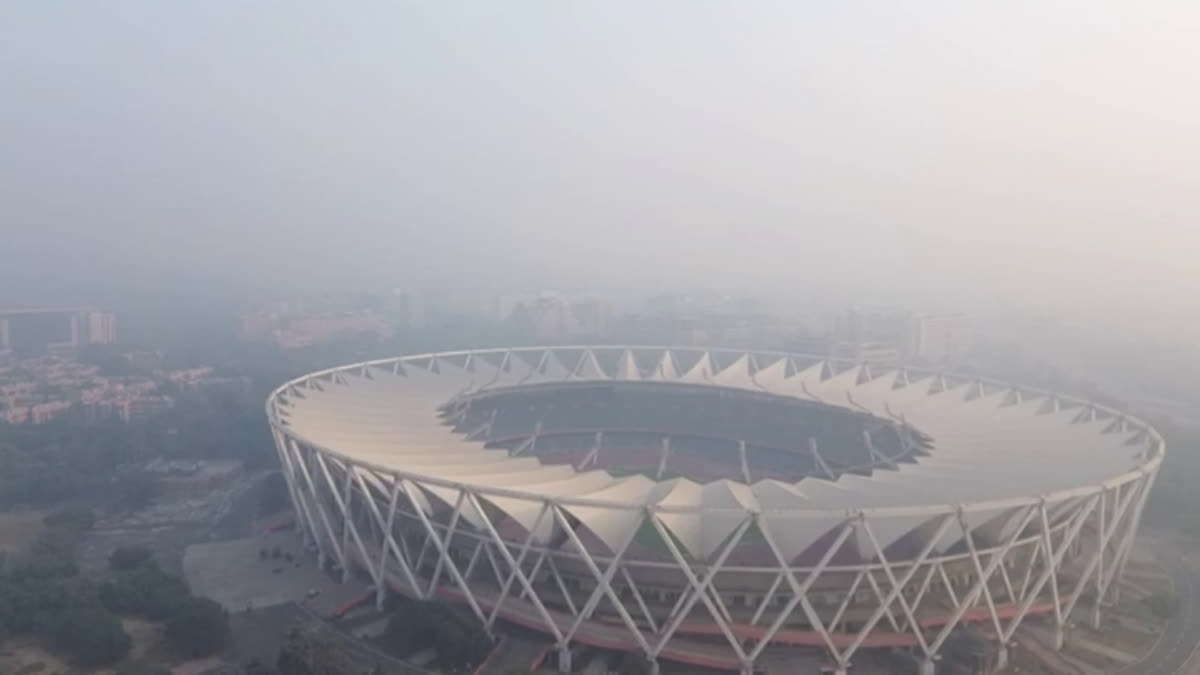New Delhi:Delhi’s air quality worsened significantly on Tuesday, with the Air Quality Index (AQI) soaring to 396, entering the ‘very poor’ category once again. This came after a brief period of improvement on Sunday, November 24, when the AQI was recorded at 318. However, the situation deteriorated quickly, with the Central Pollution Control Board (CPCB) reporting an AQI of 349 at 4 pm on Monday, and it further climbed to 359 by 5 pm.
Delhi’s 24-hour average AQI on Monday morning was recorded at 279, placing it in the ‘poor’ category. By the afternoon, the situation worsened with the AQI climbing to 338. This is part of a continuing trend in November, where the air quality has been categorized as ‘very poor’ for 17 days and ‘severe’ for six days. In fact, the air quality peaked at the ‘severe plus’ level for two days this month, leaving residents struggling to cope with the deteriorating conditions.
On the state of the situation, one local said, “Pollution is causing problems, like difficulty in breathing.” Despite this, the resident added, “Pollution happens every year but you and I can’t do anything about it. The government should find solutions to this pollution.”
The worsening air quality has prompted significant changes in the education sector. The Commission for Air Quality Management (CAQM) has mandated that all schools in Delhi-NCR, including areas like Gurugram, Faridabad, Ghaziabad, and Noida, switch to hybrid mode for classes up to standard 12. The CAQM’s order, issued on Monday night, directs that physical and online classes be conducted, where feasible, to minimize students’ exposure to the hazardous air.
A CAQM official remarked, “State Govts in the NCR shall ensure that all classes up to 12th Standard are conducted in a ‘Hybrid’ mode i.e., both in ‘physical’ and also in an ‘online’, wherever online mode is feasible in the territorial jurisdiction of the NCT of Delhi and in the districts of Gurugram, Faridabad, Ghaziabad and Gautam Buddh Nagar in the NCR.”
With physical classes suspended for over a week in Delhi and its neighbouring areas, schools are now preparing for the resumption of hybrid learning to ensure that students continue their education while minimizing health risks due to pollution. The ongoing crisis has resulted in serious disruption to daily life, with many children unable to access mid-day meals, attend online classes, or even use air purifiers due to the persistent smog.
